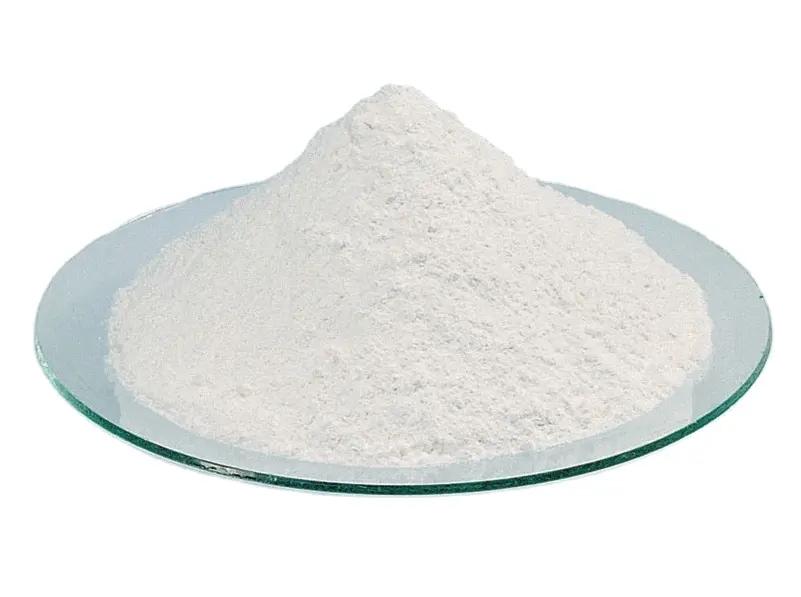
Sep . 24, 2024 22:04 Back to list
titanium dioxide application range
The Vast Application Range of Titanium Dioxide
Titanium dioxide (TiO2) is a versatile and widely used compound celebrated for its unique properties, primarily its exceptional white pigmentation, UV resistance, and photocatalytic abilities. Over the years, TiO2 has gained prominence across various industries, including cosmetics, food, paint, plastics, and photovoltaic cells, demonstrating its extensive application range.
1. Pigment in Coatings and Paints
One of the most significant applications of titanium dioxide is as a pigment in paints and coatings. With its high refractive index and excellent covering power, TiO2 provides a bright, white color and enhances the durability of coatings. It is particularly favored in the building and construction industry, where exterior paints and coatings need to withstand harsh weather conditions. TiO2's ability to scatter light makes it an ideal choice for creating vibrant, long-lasting colors while also improving hiding power. As regulations evolve towards eco-friendliness, manufacturers prefer TiO2 due to its non-toxic nature compared to other pigments.
2. Cosmetics and Personal Care Products
Titanium dioxide plays a crucial role in the cosmetic industry. It is commonly used in sunscreens, foundation, and other skin care products due to its UV filtering properties. Its ability to block harmful UV radiation makes it a vital ingredient for sun protection. Additionally, TiO2 is valued for its opacity and ability to provide a smooth texture in makeup products. Being non-irritating and safe for use on the skin, it serves as a staple in both high-end and drugstore cosmetic lines.
3. Food Industry
Unexpectedly, titanium dioxide finds relevance in the food industry as well. It functions as a food additive (E171) to enhance the whiteness and brightness of various food products, including candies, dairy items, and baked goods. The pigment’s role in improving the aesthetic appeal of food products has contributed to its widespread use. However, the consumption of TiO2 as a food additive has come under scrutiny, leading to ongoing research and regulatory discussions about its safety for human consumption.
titanium dioxide application range

4. Plastics and Rubber
In the realm of plastics, titanium dioxide is utilized as a filler and pigment in various products, from packaging materials to automotive components. Its properties enhance UV stability, reduce heat degradation, and improve the overall mechanical properties of plastics. Additionally, in rubber manufacturing, TiO2 enhances the durability and UV resistance of rubber products, making them suitable for outdoor applications.
5. Photovoltaic Cells
Another exciting application of titanium dioxide is in the field of renewable energy, specifically in photovoltaic cells. TiO2 is a key component in dye-sensitized solar cells (DSSCs), which offer a promising alternative to traditional silicon-based solar panels. TiO2's ability to facilitate the conversion of sunlight into electrical energy makes it an integral material for advancing solar technology. Research continuously explores ways to improve the efficiency of sunlight conversion using TiO2, potentially leading to more sustainable energy solutions.
6. Environmental Applications
Titanium dioxide is known for its photocatalytic properties, which enable it to break down pollutants and contaminants when exposed to light. This feature has positioned TiO2 as an effective agent in environmental remediation, particularly in applications aimed at purifying air and water. TiO2 coatings are being employed in self-cleaning surfaces and building materials, which can decompose organic pollutants and reduce urban smog when exposed to sunlight.
Conclusion
The applications of titanium dioxide are vast and varied, spanning numerous industries and continuing to evolve with advancing technology and environmental considerations. From enhancing the aesthetics of products to playing a vital role in solar energy conversion, TiO2 is an essential compound that addresses both commercial needs and environmental challenges. As research progresses and industries adapt, the significance of titanium dioxide will likely expand even further, underscoring its role in modern society.
-
Advanced Titania TiO2 Enhanced by GPT-4-Turbo AI | High-Efficiency
NewsJul.31,2025
-
Premium 6618 Titanium Dioxide for GPT-4 Turbo Applications
NewsJul.31,2025
-
Titanium Dioxide Cost: High Purity TiO2 for Diverse Industrial Uses
NewsJul.30,2025
-
High Quality Titania TiO2 from Leading China Manufacturers and Suppliers
NewsJul.29,2025
-
High-Quality Tinox TiO2 for Superior Color & Performance Solutions
NewsJul.29,2025
-
High Quality Titania TiO2 from Leading China Supplier & Manufacturer
NewsJul.29,2025
